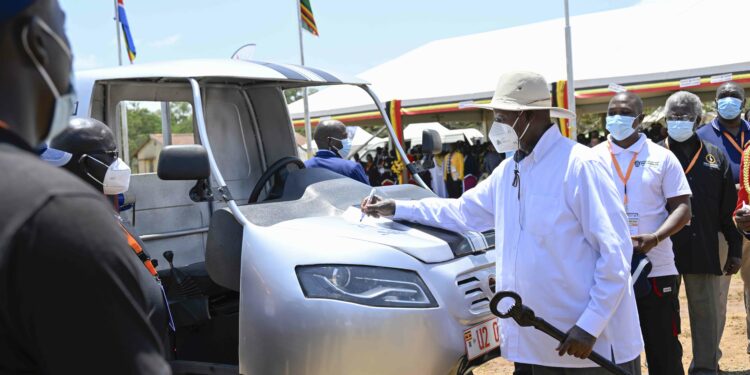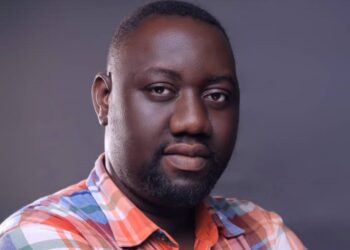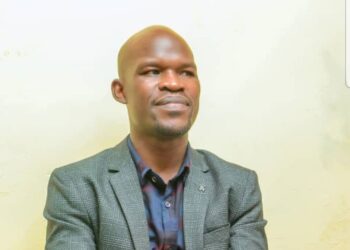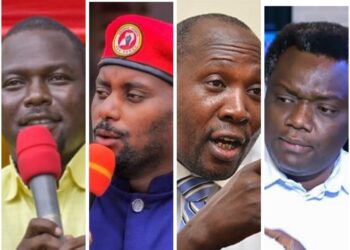In 1998, parts of greater Kampala came to a standstill as many took in the well-publicized visit of US president Bill Clinton. Americans love the showbiz whenever their president visits. The presidential limo that can withstand a chemical attack, the secret service in dark sunglasses, the Airforce One that can refuel midair, the Marine One, the choppers patrolling the skies, and the razzmatazz that tell the invincibility of the American security set up for their leader.
One of the major visits Clinton made while in Uganda was a tour of a rural school in Kisowera, just outside Mukono town. As the world and even Ugandan media were focusing on everything Clinton, a young man just outside the school was having other ideas. How do we make an engine?
It is a question that disturbed him and he set out to find the answers. There was one problem though. Rogers Mubiru lacked formal education. Nevertheless, he wasn’t deterred from pursuing his dream of making an engine. He told whoever was willing to listen how he could make an engine. He had no idea what the engine would be used for as long as he made it.
That pursuit of his dream saw him exhibit whatever he thought was an engine at every trade fair he could attend until somebody linked him with the professors at Makerere University. Through various strategies most of which fell through, Mubiru managed to make something close to an engine which led him to another exhibition that was attended by government officials. Eventually, Mubiru and his team would get incubated at Kiira Motors after receiving a grant from the Science, Technology and Innovation Secretariat in the Office of the President.
A few months later, Mubiru and his team of self-trained innovators under their company Kevoton Motions Engineering have been able to come up with a trike or tuk-tuk as we call them that is capable of carrying 1,000kg of goods, pump water and generate electricity. They have named it Bingwa, Swahili for champion.
Engine casting was done at John Lugendo’s foundry in Kibuye in Kampala and 55% of the 2-stroke engine parts were made in Uganda.
I have met Mubiru several times over the last few years and I was an invited guest in Jinja as he started his journey to Kitgum where his innovation was launched during the Independence Day celebrations.
I admire him partly for his consistency and believing in himself and dedicating the biggest part of his life to his life dreams.
Mubiru is a young man who has started developing some grey hair. I joked to him that Bingwa had made him grey at an early age but I guess that is the price of dedicating his life on a project like this. It takes every ounce out of your body. Given his innovativeness, had Mubiru decided to work on something else such as being a motor vehicle mechanic or make ordinary stuff like most Katwe artisans, he would perhaps be a rich man now.
But like somebody once said, good things come to those who wait. There is no short term to success. Mubiru and his team may now be hailed as some of the greatest innovators and perhaps even invited to dine in places they can’t imagine but it has taken them a quarter of a century to get there. And they are not yet the finished article. They are just learning even basics like English and using computer assistive design technologies when make their products.
Many people prefer short term success and give up on their dreams at the first hurdle they meet. The Baganda call it eating an omelet instead of waiting for the egg to hatch into a chick and then a mature chicken. Legendary athlete Usain Bolt is quoted to have said that he trained for many years to be able to run 9 seconds in the Olympics.
Mubiru probably would also have given up and wouldn’t be where he is if he hadn’t received a grant from government to do this. Innovation takes time but also costs enormous amounts of money. And this is a step that government must continue to take. Looking for innovators including those without formal education like Mubiru and handhold them until when their ideas can fly.
But it should not stop there. Government is the biggest market in any economy so they can start by placing orders for such innovators.
Imagine if government took this Bingwa trike into its Parish Development Model by ordering just one or two units per parish, Mubiru would be able to employ hundreds of young people, build the capacity of foundries like the John Lugendo one and create a sustainable automotive industry value chain.
Smallholder farmers would get a solution that can transport their goods, help them irrigate their crops without resorting to the tedious water bottle process and light their homes or do some light work that requires electricity.
The writer is a communication consultant. djjuuko@gmail.com
Do you have a story in your community or an opinion to share with us: Email us at editorial@watchdoguganda.com













